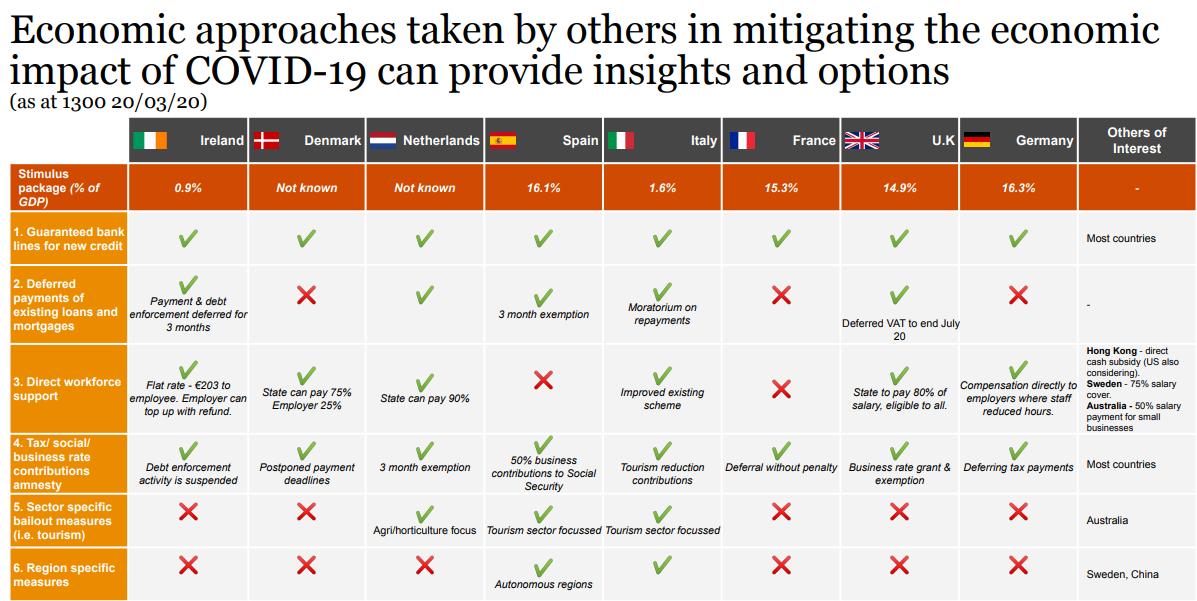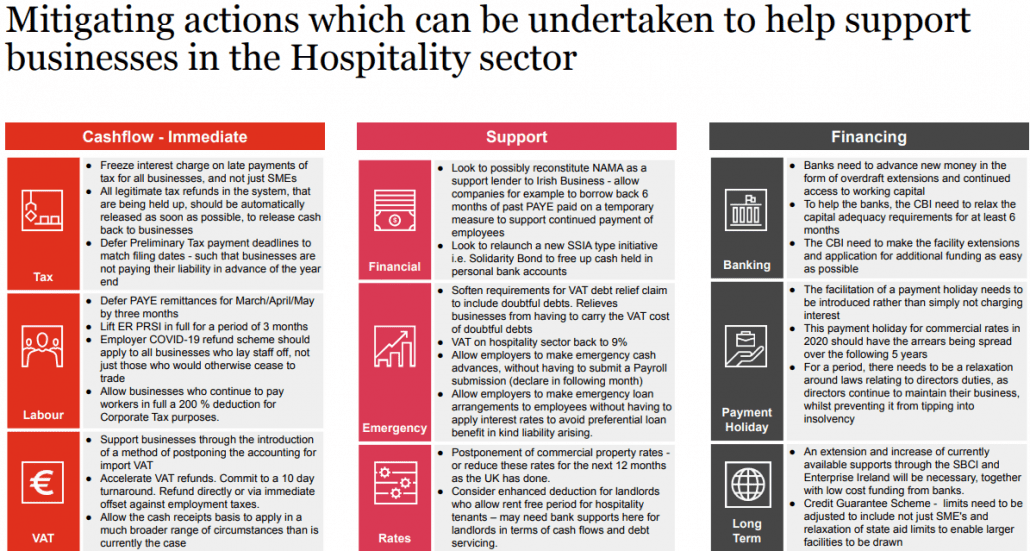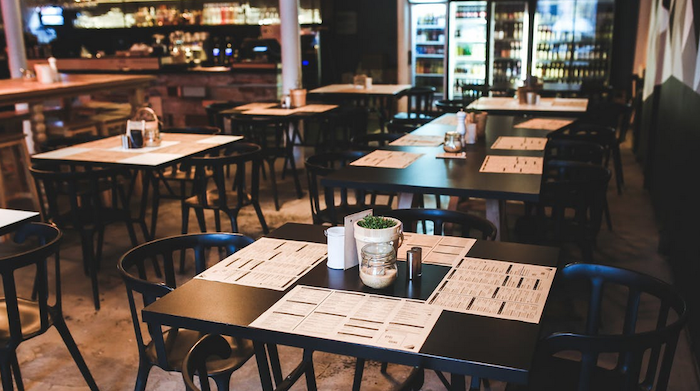How the Coronavirus is Impacting the Hospitality Industry Globally
The hospitality industry is notoriously precarious at the best of times. With the recent coronavirus pandemic spreading across the nation of Ireland and globally, the situation for hotels, restaurants, and many other businesses in the hospitality and tourism sector may soon become dire. We are only coming to terms with the outbreak of COVID-19 and our industries are grappling with the consequences of the economic slowdown. The hospitality industry globally has seen mass cancellations across events, concerts, funerals, holidays, conferences, and much more. This is a major worrying time for hoteliers, with so many doors closed to help slow down the spread of COVID-19.
What is COVID-19?
COVID-19 is a highly contagious and infectious disease commonly known by the name coronavirus. Coronavirus can affect your airways and lungs. The most common symptoms of COVID-19 include:
- A cough – this can be any kind of cough, not just dry
- Breathing difficulties
- A high temperature – 38 degrees Celsius or above
Coronavirus can be spread from person to person through droplets released into the air when an infected person sneezes or coughs. The best way to prevent the virus from spreading is to cough or sneeze into your elbow, practice social distancing, and wash your hands properly and often.

Statistic Reports
With the ongoing pandemic of the coronavirus, recent reports have been released by the global hospitality data company. The reports are based on the data from 68,000 properties and 9.1 million rooms around the world. These figures are in comparison to 2019, occupancy is down as follows:
- 96% in Italy
- 68% in China
- 67% in United Kingdom
- 59% in USA
- 70% in Ireland
One of the main industries that is suffering is the hospitality and tourism industry. Hospitality has been the hardest hit globally due to the fear of community spread through group and travel environments. With the cancellation of events and the closure of airports, this has immediately driven down the travel and tourism for pleasure or business.
The hospitality industry must prepare for a drop in profits and prepare for their staff and guests contracting COVID-19. Coronavirus has strongly affected the tourism and travel industry including hotels, restaurants, cruise lines, airlines and is recording a record loss in revenue and business.
With this unprecedented and unexpected crisis, it has left many hoteliers around the world wondering how to react to COVID-19. Hoteliers are unsure of what to do and what the impact of the necessary safety measures may be.
Impacts on the hotel industry so far
Hotels in China have reported a staggering 64% decrease in business and a loss of 80 billion over the spring festival alone. Thousands of hotels across mainland China are affected while properties in major cities like Beijing and Shanghai report single digit occupancy rates. Europe has also seen full effects of this crisis for the months of January and February with roughly 2 million lost in hotel nights. The EU department estimates a financial loss of roughly 1 billion per month for the European tourism industry as a result of the virus.

How you can help your business in light of COVID-19?
The hospitality industry during this time should be keeping an eye on marketing information and what your competitors are doing around you. Make informed distribution and pricing decisions based on what is happening around you. Keep up to date with local news and what is happening with travel restrictions, event cancellations, etc.
On areas where you have been hit the hardest, start working on ways to target these areas, ideally the ones with the greatest revenue so when the time comes, you will bounce back a lot quicker and even more so than your competitors.
While this situation is serious, it is important not to make snap decisions or to panic, just take your time and put a plan in action.
Keeping things positive is important for morale at your business and for the potential and current future guests. Thinking long term is key, focus on your website rankings and social channels, allowing people to know how you are dealing with the current situation and what changes you are making to challenge this crisis.



